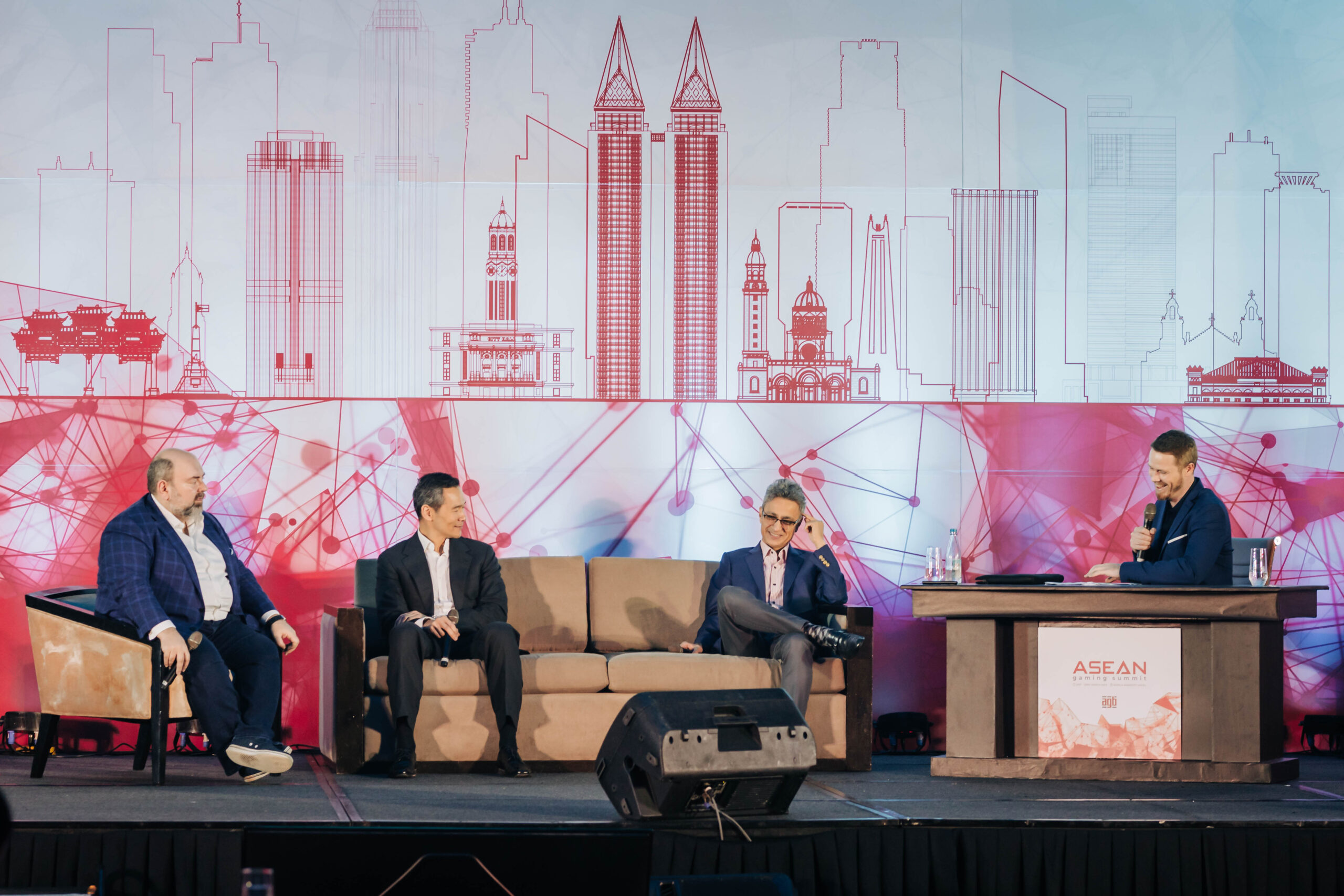While Macau is expected to roar back to success, in order to fully achieve its goals it needs improvements to its infrastructure and labor policies, as well as an increase in hotel room numbers, experts pointed out at the ASEAN Gaming Summit.
Regarding the labor issue, Macau is facing problems not only for higher-end management positions, but also for lower-level positions, with Macau’s locals-only croupier mandate actually hindering locals’ ability for career advancement, while not catering for the international visitors that Macau is hoping to attract by offering more foreign-language speaking croupiers.
Senior gaming anaysts Vitaly Umansky and Alidad Tash noted that a further liberalization of Macau’s labor policy to allow for more non-residents would be beneficial in the long run, as the international customer does not have the same characteristics as Macau’s main punter market: mainland China.
Aside from the gaming floor, improvements to Macau’s labor policy could help its non-gaming drive, as staff with more foreign-language-speaking options would improve service – as well as offering a different dynamic of service, such as that seen in the Philippines and Vietnam.
The analysts, and Senior Gaming Executive Andy Choy, also noted that transportation improvements would highly benefit Macau’s operators and visitors – in particular international punters, as access to Macau via Hong Kong’s International Airport remains a lengthy process and travel within Macau, particularly via taxi, can be challenging for non-Chinese speakers.
While Choy notes that the addition of the light rail has improved accessibility in the Cotai Strip, the analysts note that more competition for private transport options, such as allowing Uber to operate in the SAR, would be a boon for international travel.
Regarding Macau’s recovery after the lifting of COVID restrictions, Alidad Tash projects that gross gambling revenue (GGR) in 2023 will reach 50 percent of pre-pandemic levels, with the tourism rebound keeping solid since January in Macau.
However, Vitaly Umansky notes that the results could go even higher, depending on how visa policies are handled by the central government and whether tourism levels continue to hold steady, or even improve, throughout the hear.
Questioned on whether the massive reduction in junkets’ contribution to Macau’s GGR would have a significant lasting effect going forward, the panelists noted that the shift away from VIP play would have an impact, but that Macau should be able to return to healthy levels despite this, as it leverages mass play and aims to add more hotel rooms to support its non-gaming push.
But, in order to truly be able to maximize its potential, all the panelists agree that Macau will need to provide more hotel rooms to synergize with its entertainment, MICE and other non-gaming offerings, if it ever hopes to achieve a gaming/non-gaming mix such as Las Vegas.























